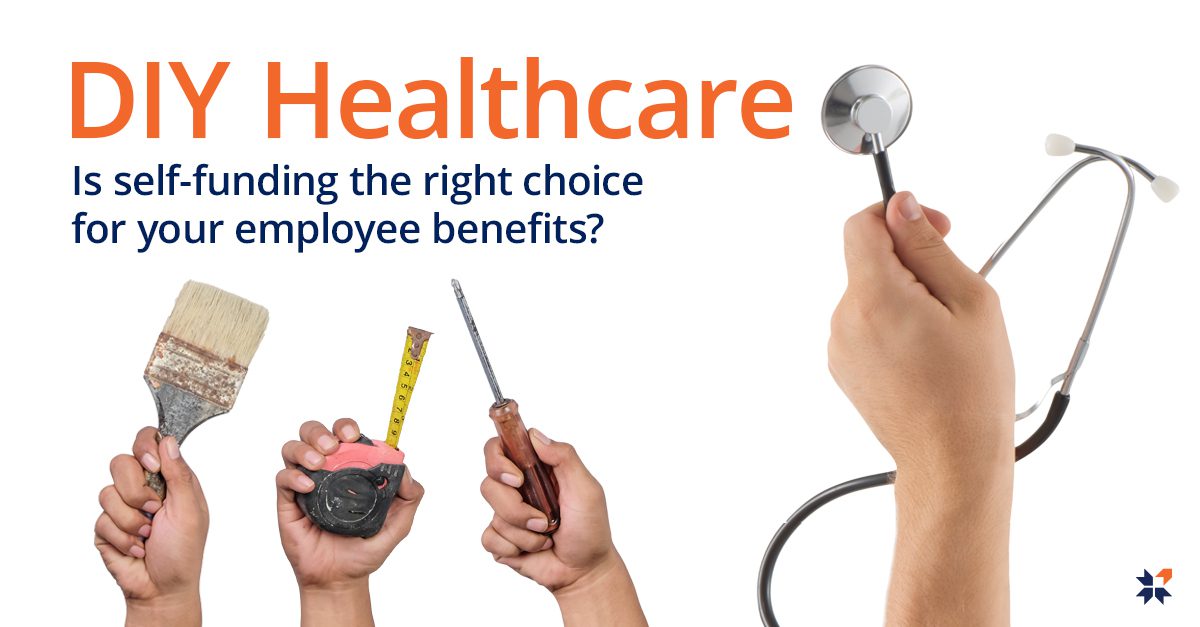
The Basics of Self-funding
In an era of rising healthcare costs and increasing uncertainty, organizations seek innovative ways to manage their healthcare expenses while maintaining quality care. One approach that has gained traction is self-funding your health plan. Self-funding empowers businesses to take control of healthcare costs and customize coverage based on their unique needs.
Understanding Self-funding
Self-funding, also known as self-insurance, is a healthcare financing model in which organizations assume the financial risk for providing healthcare benefits to their members. Unlike traditional insurance plans, where premiums are paid to an insurance company, self-funded plans allow employers to directly cover the cost of healthcare services for their members.
Advantages of Self-funding
Cost Control: One of the primary benefits of self-funding is the potential for cost savings. By assuming the financial risk, employers can bypass certain expenses typically associated with traditional insurance, such as profit margins and administrative fees. This allows employers to allocate funds directly toward healthcare services, ultimately reducing overall costs.
Customization and Flexibility: Self-funding offers unparalleled flexibility compared with traditional insurance plans. Employers can tailor their health plans to suit their specific needs, including selecting coverage options, designing wellness programs, and implementing cost-saving initiatives. This customization optimizes the value of the healthcare investment by ensuring that resources are focused where they are most needed.
Transparency and Control: Self-funded plans provide greater transparency into healthcare costs, utilization patterns, and trends. This transparency empowers employers to make informed decisions regarding healthcare spending, utilization management, and provider networks. By having a direct stake in their health plan, individuals can actively manage and control how their healthcare services are applied, promoting cost-effective practices and better health outcomes.
Cash Flow Benefits: Self-funding allows employers to retain control of their healthcare funds, which can provide cash flow benefits. Unspent funds can be rolled over into future years to create a reserve for unexpected healthcare expenses or to invest in wellness initiatives to improve the overall health of plan members. This financial flexibility enables proactive planning and the ability to respond to changing healthcare needs.
Considerations and Risk Mitigation
While self-funding offers numerous advantages, it is important to recognize the potential risks and take steps to mitigate them. Proper risk-management strategies, such as stop-loss insurance, can safeguard against catastrophic claims and limit financial exposure. Likewise, working with experienced third-party administrators or your advisor can provide expertise and support in plan design, cost containment, and regulatory compliance.
Conclusion
Self-funding your health plan is a strategic approach that empowers organizations to take control of their healthcare costs and quality. By customizing coverage, promoting cost transparency, and implementing proactive strategies, employers can optimize their healthcare investment while providing comprehensive care to their members. While self-funding a healthcare plan may not be for everyone, it is worth exploring for those seeking greater control, flexibility, and cost savings.
